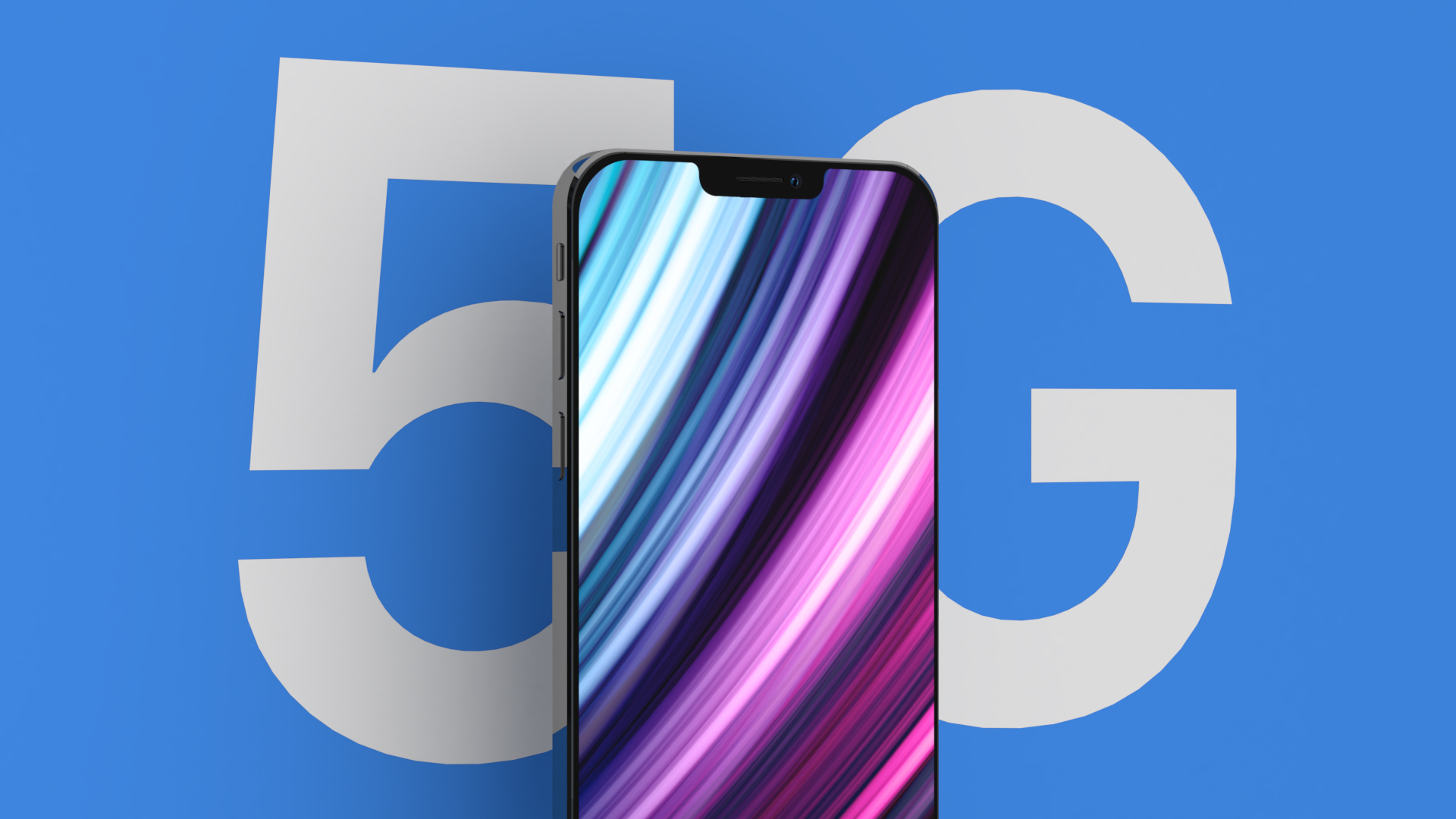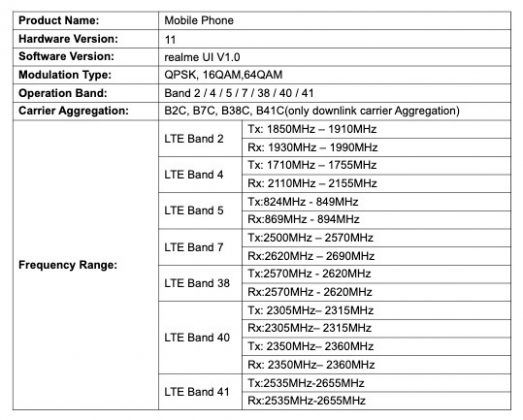https://ift.tt/3asyIue
Apple's upcoming
iPhone 12 models will all include 5G support, and several rumors have suggested that some if not all the new iPhones coming this fall will support both sub-6GHz and mmWave networks, which are two different 5G technologies that carriers are rolling out.
The fastest technology, mmWave, will be used in dense areas like major cities. The longer-distance sub-6GHz networks will be available more broadly in urban, suburban and rural areas. Due to the impact of the global health crisis, however, shipments of Apple's mmWave-enabled 5G iPhones could be weaker than expected this year and next year, according to reputable Apple analyst
Ming-Chi Kuo.

In a new investor's note for TFI Securities, seen by MacRumors, Kuo says shipment estimates for Apple's mmWave-enabled 5G iPhones are likely to be several million units lower than expected due to delays in the global rollout of mWave base stations.
We believe that due to the impact of [the health crisis], the global 5G millimeter wave base station installation is lower than expected. Therefore, we estimate that the shipments of millimeter wave iPhones in 2020 and 2021 will be about 4-6 million and 25-35 million, respectively, which is lower than the market consensus of 10-20 million and 40-50 million units.
Kuo's note harks back to a
DigiTimes report in June that
claimed shipments of mmWave 5G iPhones could be much weaker than expected this year because of a combination of production challenges and the impact of the health crisis.
However, that report said shipping estimates of mmWave-enabled 5G iPhones slated for launch this year would reach only 15-20 million units in 2020, compared to a previous supply chain estimate of 30-40 million units.
Prior to the global health crisis, Kuo said Apple was
still on track to release both sub-6GHz and sub-6GHz-plus-mmWave iPhone 12 models simultaneously in the second half of 2020, with shipments beginning in the late third or early fourth quarter. Kuo has not indicated whether those plans have since changed, but some analysts
believe that models with support for ultra-fast mmWave technology will likely launch after sub-6GHz models.
Meanwhile, the latest
Bloomberg report on Apple's product launch plans claims Apple plans to
stagger its iPhone launches this year.
There are four new iPhones in the works in 5.4, 6.1, and 6.7-inch sizes.
Bloomberg says the two lower-end 5.4 and 6.1-inch devices are expected to ship out ahead of the Pro devices, but it's not clear whether the phased launch relates in any way to different models supporting different 5G technologies.
Apple employees also told
Bloomberg that a few testers have found 5G disappointing, with the current 5G networks "not improving connection speeds much."
Kuo has previously said he believes
iPhone models with mmWave and sub-6GHz support will be available in main markets like the U.S., UK, Australia, Canada, and Japan, while in some other countries, Apple may offer iPhones with just sub-6GHz connectivity. Sub-6GHz could also be disabled in countries that do not offer 5G or have shallow 5G penetration, allowing them to connect only to 5G networks.
This article, "
Kuo: mmWave 5G iPhone Shipments Likely to Be Weaker Than Expected in 2020-21" first appeared on
MacRumors.com
Discuss this article in our forums

from MacRumors: Mac News and Rumors - All Stories https://ift.tt/31N1BjQ




